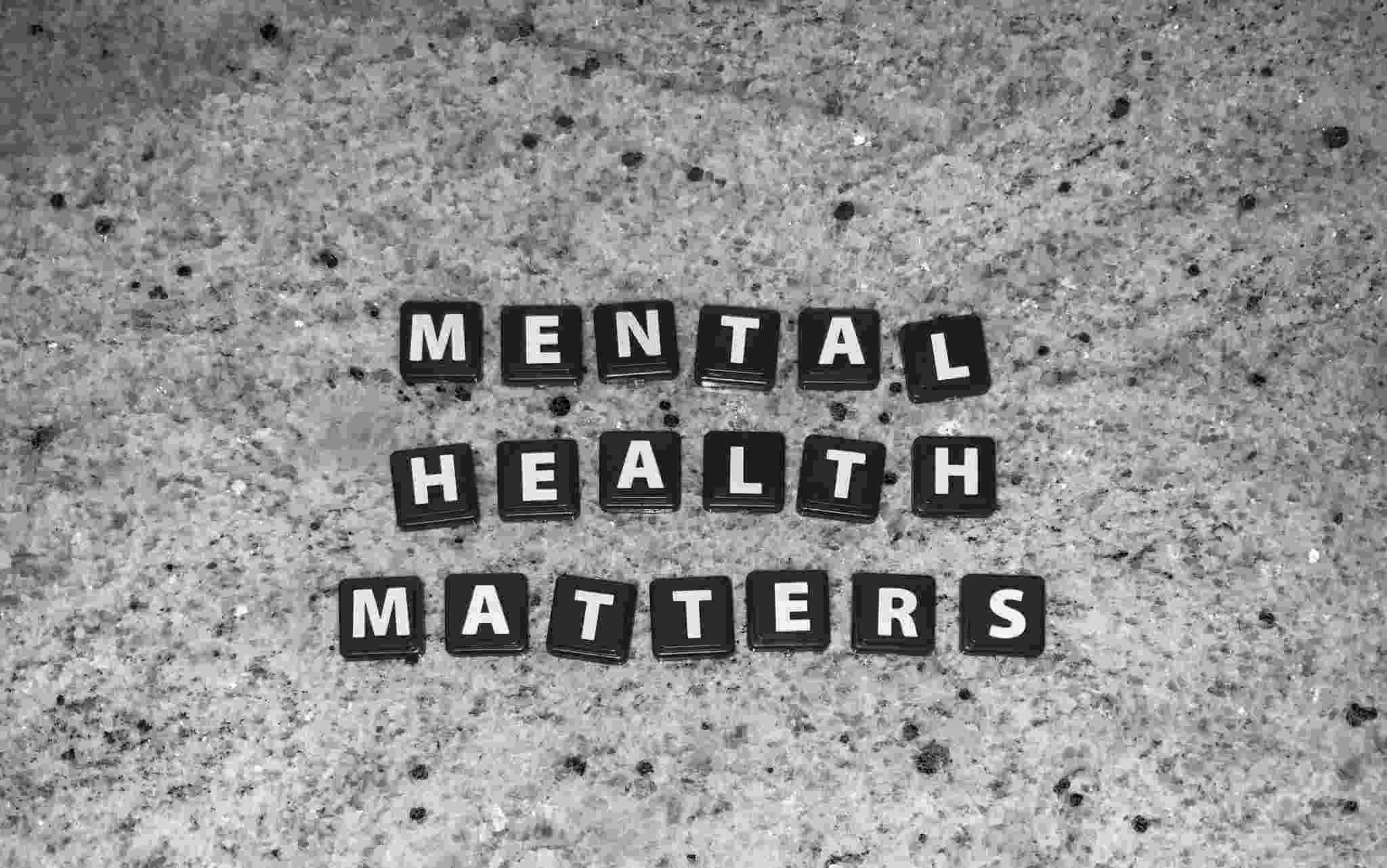Highlights
- Amitriptyline is a tricyclic antidepressant that can treat depression, low mood, and chronic migraines.
- Although amitriptyline isn’t usually a first-line treatment for depression, this medication has been in use since the 1960s.
- You can find the lowest price for amitriptyline with BidRx.
Depression is one of the most common mental health conditions in the United States, and it can have a serious impact on your ability to enjoy daily life. Depression is usually treated with a combination of therapy, lifestyle changes, and medications. For decades, people have relied on amitriptyline (formerly sold under the brand name Elavil, which is no longer available in the U.S.) to help boost mood, ease anxiety, and improve sleep while managing depression.
What Is Amitriptyline and What Is It Used For?
Amitriptyline, commonly known by the brand name Elavil, is a medication that is primarily used to treat depression and mood disorders. This medication belongs to a class of medications called tricyclic antidepressants.
This medication was developed by AstraZeneca and approved by the FDA in 1961. The brand name Elavil was discontinued in 2000, but the generic form of amitriptyline is still known to be effective and safe.
Amitriptyline helps improve mood and feelings of well-being, relieve anxiety and tension, and increase energy level. Additionally, it has off-label uses for chronic pain, migraine prevention, and insomnia due to its effects on certain chemicals in the brain.
How Does Amitriptyline Work?
As a tricyclic antidepressant, amitriptyline works by affecting the balance of certain natural chemicals (neurotransmitters such as serotonin and norepinephrine) in the brain. This rebalancing helps improve mood and alleviate symptoms of depression and anxiety.
Neurotransmitters are natural chemicals that help transmit signals between nerve cells. Among these, serotonin and norepinephrine play critical roles in regulating mood, anxiety, and overall emotional state. In conditions like depression and anxiety, the balance of these neurotransmitters is often disrupted, leading to the various symptoms associated with these disorders.
Amitriptyline works by inhibiting the reabsorption (reuptake) of serotonin and norepinephrine back into nerve cells after they have been released. Normally, these neurotransmitters are reabsorbed and recycled by nerve cells. By preventing this reuptake, these chemicals remain available in the brain and help elevate mood by reducing depression and anxiety.
Amitriptyline Dosage and Administration
Amitriptyline is available in various dose strengths. Dosage regimens can vary significantly; yours will be based on your diagnosis, age, other health conditions, and your response to treatment. The duration of treatment can vary from weeks to months or even years.
To help reduce side effects, your doctor may start with a low dose and increase it gradually as needed.
How Should I Take Amitriptyline?
Amitriptyline is available in pill form and should be taken exactly as prescribed by your healthcare provider. It is usually taken one to four times a day and may be taken with or without food. If you take it only once per day, your doctor may recommend taking it before bed to help reduce daytime sleepiness.
Consistency in the timing of doses helps maintain an even level of medication in your body. Don’t stop taking this medication without consulting your doctor, as abrupt cessation can cause withdrawal symptoms.

What Are the Potential Side Effects of Amitriptyline?
All medications have the potential to cause side effects, some of which can be severe. Be sure to discuss all your symptoms with your doctor so you can balance the benefits and side effects of your medication and create a treatment plan that works for you.
Common Side Effects of Amitriptyline
- Nausea
- Drowsiness
- Dizziness
- Dry mouth
- Headaches
- Constipation
- Changes to appetite or weight
- Changes in sex drive or ability
- Sweating
- Sensitivity to sunlight
Less Common but More Serious Side Effects
- Suicidal thoughts or behavior
- Slow or difficult speech
- Severe mood changes
- Irregular heartbeat
- Seizures
- Severe abdominal pain
- Fainting
- Unusual bleeding or bruising
This list is not exhaustive, and your individual reactions may vary. Always talk to your doctor about all your medications and any side effects you may experience.
What Should I Avoid When Taking Amitriptyline?
While taking this medication, you should limit or avoid alcohol, as it can increase drowsiness. Be careful when driving or operating heavy machinery until you know how your medication affects you, especially if your side effects include drowsiness or dizziness.
Additionally, you should limit exposure to sunlight or UV light because amitriptyline can make you more sensitive to the sun. Using sunblock can help lessen these effects.

What Should I Do If I Miss a Dose of Amitriptyline?
If you miss a dose, take it as soon as you remember. If it is within a few hours of your next dose, skip the missed dose and resume your usual dosing schedule. Do not double the dose to catch up.
What Should I Do If I Overdose on Amitriptyline?
If you suspect an overdose of amitriptyline, seek immediate medical attention or contact your local poison control center. Overdose symptoms may include:
- Severe drowsiness
- Confusion
- Hallucinations
- Convulsions
- Irregular heartbeat
What Precautions Should I Take with Amitriptyline?
Before taking amitriptyline, follow these special precautions:
- Allergies. Inform your doctor and pharmacist about any allergies to amitriptyline or other medications.
- Medication interactions. Discuss all current and planned medications with your healthcare provider, as some can interact with amitriptyline.
- Monoamine oxidase inhibitors (MAOIs). Notify your doctor if you’re taking or have recently taken any MAOIs, like isocarboxazid or phenelzine.
- Non-prescription product interactions. Inform your doctor if you’re taking cimetidine (Tagamet) or any other over-the-counter allergy medications.
- Recent heart attack. Amitriptyline is not recommended if you’ve recently had a heart attack.
- Medical history. Disclose any history of alcohol consumption, glaucoma, enlarged prostate, urination difficulties, seizures, hyperthyroidism, diabetes, schizophrenia, or liver, kidney, or heart disease.
- Pregnancy and breastfeeding. Discuss your pregnancy plans or status and avoid breastfeeding while on amitriptyline.
- Age considerations. Elderly patients should evaluate the risks and benefits of amitriptyline, as it can increase fall risk due to dizziness and drowsiness.
- Surgical procedures. Inform your surgeon or dentist if you’re taking amitriptyline.
Contraindications of Amitriptyline
Some people should not take amitriptyline. Others should use it with caution under close medical supervision.
Keep in mind that these lists are general guidelines. In special cases, doctors may feel the benefits of taking a particular medication outweigh the risks, so if you are in one of these groups, talk to your doctor about your personal situation.
Who Should Not Take Amitriptyline?
Amitriptyline is not suitable for everyone. Certain groups of people are advised against using this medication, including:
- Individuals with a history of allergic reactions to amitriptyline or other tricyclic antidepressants
- Patients with recent myocardial infarction (heart attack)
- Those with certain types of heart rhythm disorders
- Patients with severe liver impairment
Who Should Take Amitriptyline With Caution?
Amitriptyline should be used with caution by individuals in the following groups:
-
- Older adults. Amitriptyline can increase fall risk due to dizziness and drowsiness.
- Individuals with a history of bipolar disorder or mania. This medication may trigger a manic episode in people with this history.
- People with a history of seizure disorders. Amitriptyline can lower the seizure threshold.
- Those with urinary retention or glaucoma. This medication has significant anticholinergic effects.
- Patients with thyroid disease or those receiving thyroid medication.
- Individuals with a history of alcohol or substance abuse.
Are There Any Other Potential Drug Interactions With Amitriptyline?
According to Drugs.com, a total of 686 drugs and supplements can interact with this medication. Of these, 136 are considered major. There are 522 moderate and 28 minor potential interactions also reported for this medication. For the complete interactions list, see the Drugs.com Drug Interactions Checker.
No list of potential drug interactions is complete, so let your provider know if you experience any new or unusual symptoms after taking this medication.

Learn About Amitriptyline and How to Support Your Mental Health
When combined with positive lifestyle choices and emotional support, amitriptyline and its long history of helping people manage depression can be key to enhancing your overall quality of life. If you’re considering taking amitriptyline — either for depression or for its off-label uses — consider both the benefits and the potential side effects.
Your doctor can provide personalized advice and help you determine whether amitriptyline is right for you, ensuring that your treatment is both safe and effective.
Get the Lowest Price for Amitriptyline With BidRx
Whether you’re taking it for depression, headaches, or anxiety, you can get the lowest price for your amitriptyline and other medications with BidRx. Simply find your medications, place your bid, compare pharmacies, and choose the bid that fits your budget. Your medication can be available for pickup or delivered straight to your door, depending on the offer you choose. See how you can get started and create your bid today!
This information is intended for general informational purposes only. It is not a substitute for professional medical advice, diagnosis, or treatment. Always seek the advice of your physician or other qualified health provider with any questions you may have regarding a medical condition or medication.
